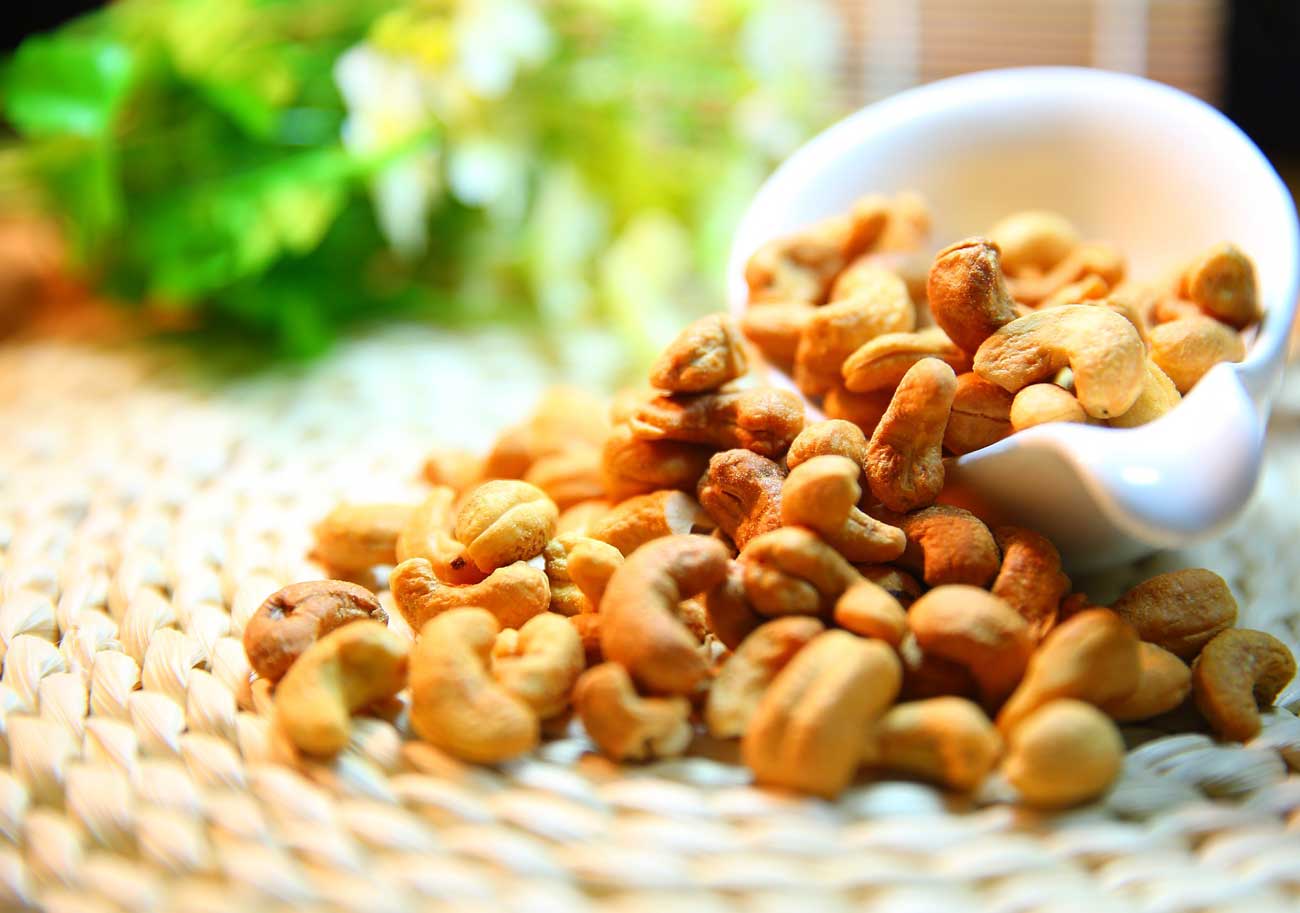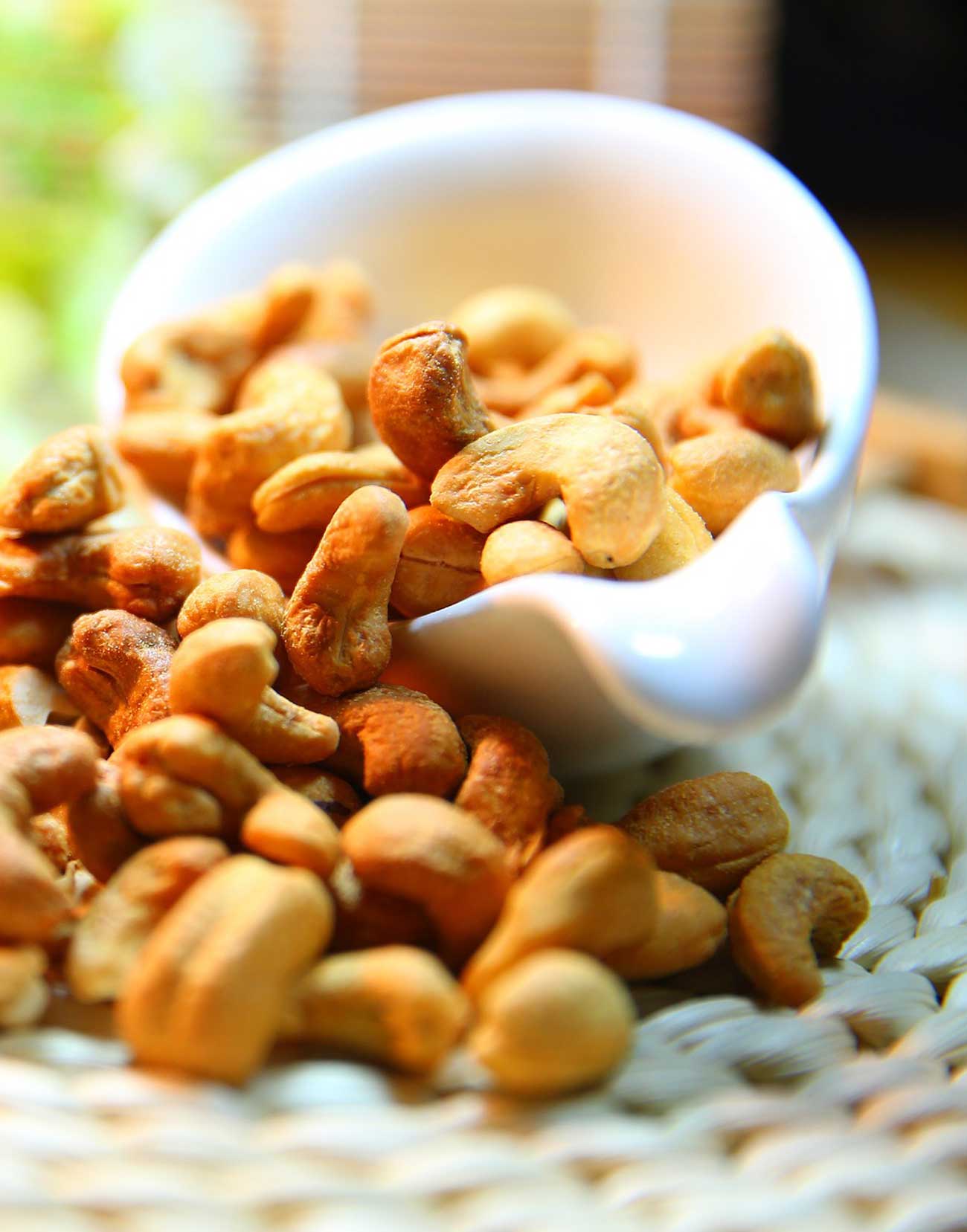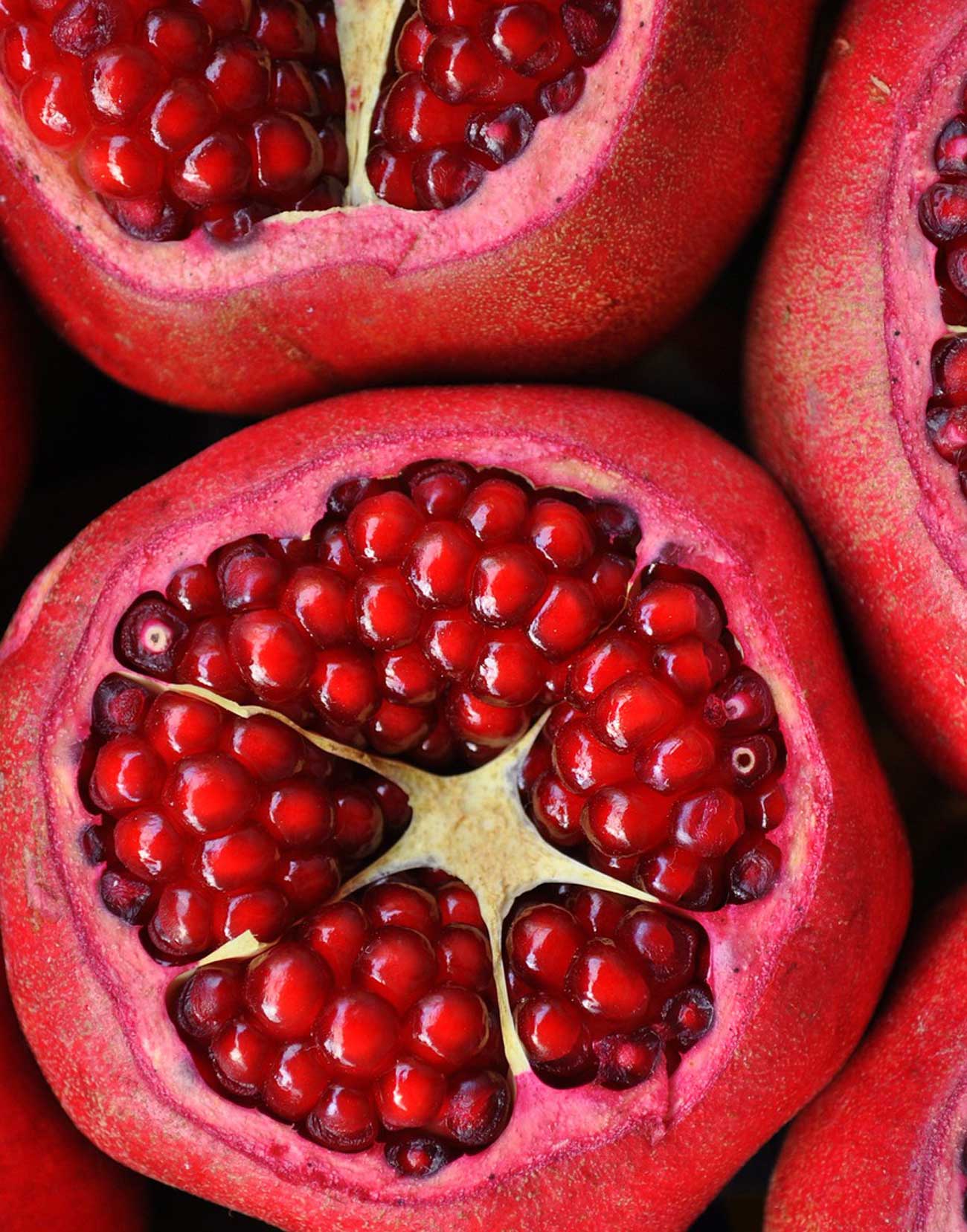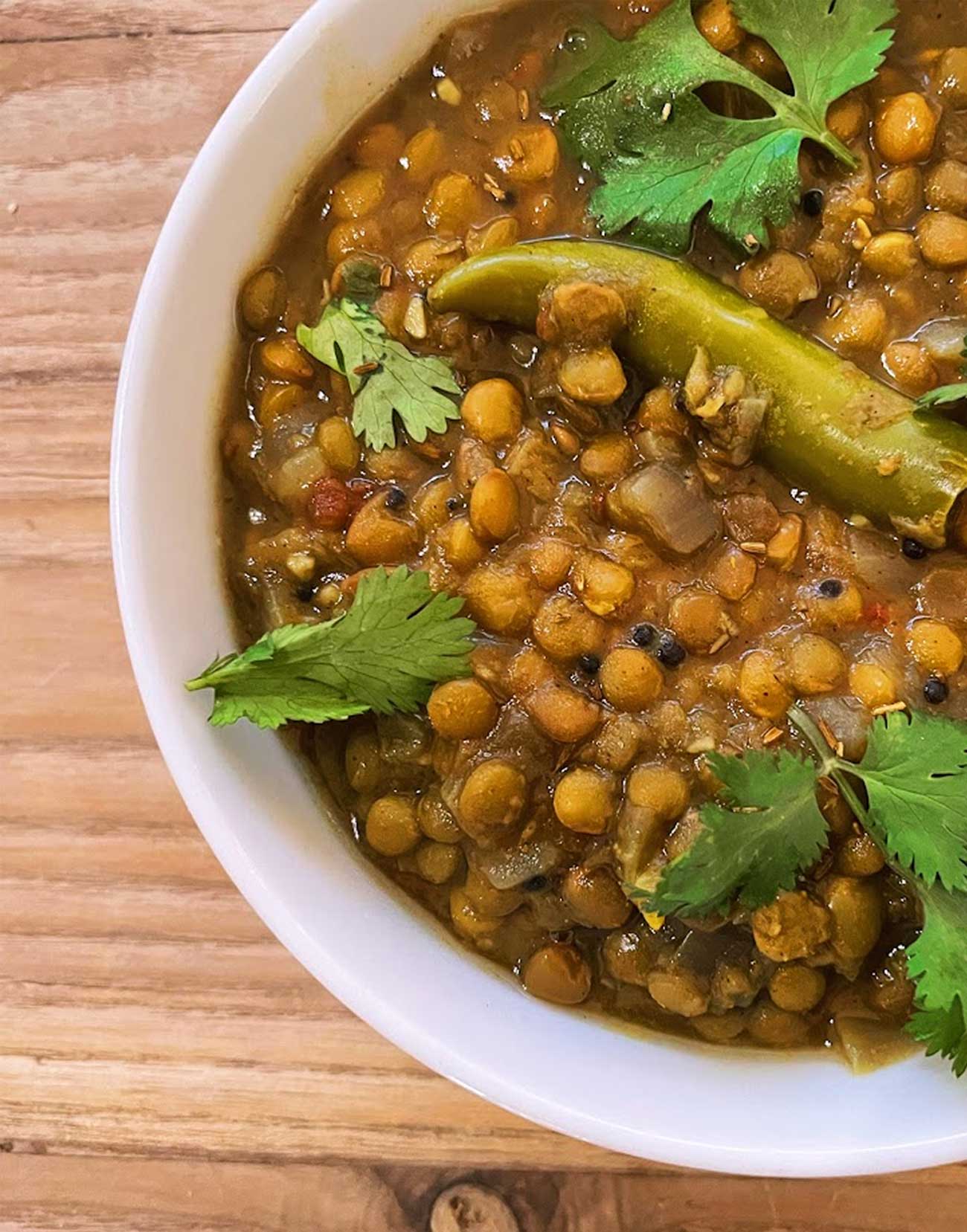
The Bitter Truth: Are Cashew Nuts Truly a Diabetic’s Best Friend?
Are cashew nuts truly a diabetic’s best friend? This question has sparked a heated debate among those living with diabetes. On one hand, cashews are lauded for their heart-healthy fats, protein, and low glycemic index, making them seem like an ideal snack for individuals struggling to manage their blood sugar levels. On the other hand, their high calorie and fat content have raised concerns among healthcare professionals. So, what’s the bitter truth behind these popular nuts?
In this article, we will dive into the scientific research and examine the facts surrounding cashew nuts and their impact on blood sugar control. We will explore the nutritional properties of cashews, their potential benefits, and any risks associated with their consumption for individuals with diabetes. By the end, you will have a better understanding of whether cashew nuts can truly be considered a diabetic’s best friend, or if they are better left in moderation. So, let’s get cracking and separate fact from fiction when it comes to cashew nuts and diabetes.
Understanding the glycemic index of cashew nuts
One of the key factors to consider when evaluating the impact of cashew nuts on blood sugar control is their glycemic index (GI). The glycemic index is a measure of how quickly a food raises blood sugar levels. Foods with a high GI can cause a rapid spike in blood glucose levels, while those with a low GI are digested and absorbed more slowly, resulting in a more gradual increase in blood sugar.
Cashew nuts have a low glycemic index, typically ranging from 22 to 27. This means that they are less likely to cause a significant increase in blood sugar levels compared to high GI foods such as white bread or sugary snacks. The low GI of cashews can be attributed to their high fiber and fat content, which slows down the digestion and absorption of carbohydrates.
However, it is important to note that the glycemic index is not the only factor to consider when managing blood sugar levels. The total carbohydrate content and portion size also play a crucial role. Consuming large quantities of cashew nuts can still lead to an increase in blood sugar levels, even though their GI is relatively low. Therefore, moderation is key when incorporating cashew nuts into a diabetic-friendly diet.
Nutritional benefits of cashew nuts for diabetics
Cashew nuts offer a range of nutritional benefits that make them a potentially valuable addition to a diabetic’s diet. They are a rich source of heart-healthy monounsaturated and polyunsaturated fats, which can help improve insulin sensitivity and reduce the risk of cardiovascular diseases, a common concern for individuals with diabetes.
In addition to healthy fats, cashew nuts are also packed with protein. Protein is an essential macronutrient that plays a crucial role in managing blood sugar levels and promoting satiety. Including protein-rich foods like cashews in meals or snacks can help stabilize blood glucose levels and prevent overeating, which is beneficial for both diabetes management and weight control.
Furthermore, cashews are a good source of various micronutrients, including magnesium, zinc, and vitamin E. These nutrients contribute to overall health and can have a positive impact on blood sugar control. Magnesium, for example, has been shown to improve insulin sensitivity and regulate glucose metabolism. Vitamin E, on the other hand, acts as an antioxidant and may help protect against diabetes-related complications.
Potential risks and considerations for diabetics consuming cashew nuts
While cashew nuts offer several nutritional benefits, it is important to be mindful of potential risks and considerations, especially for individuals with diabetes. One of the primary concerns is the calorie and fat content of cashews. Although the fats in cashews are predominantly heart-healthy, they are still calorie-dense. Consuming excessive amounts of cashews can lead to weight gain, which can negatively impact blood sugar control and overall health.
Portion control is therefore crucial when incorporating cashew nuts into a diabetic-friendly diet. A recommended serving size is about a handful or 28 grams of cashews, which equates to roughly 160 calories. It is also advisable to opt for unsalted or lightly salted varieties to avoid excess sodium intake, as high sodium levels can contribute to hypertension, another common complication of diabetes.
Additionally, individuals with nut allergies or sensitivities should exercise caution when consuming cashew nuts. Allergic reactions can range from mild discomfort to severe anaphylaxis, so it is important to consult with a healthcare professional if there are any concerns or known allergies.
Research on the effects of cashew nuts on blood sugar levels
Several studies have investigated the effects of cashew nuts on blood sugar levels in individuals with diabetes. One study published in the Journal of Nutrition and Metabolism found that incorporating cashew nuts into a meal led to a significantly lower increase in postprandial blood glucose levels compared to a meal without cashews. The researchers concluded that cashew nuts may have a beneficial impact on glycemic control when consumed as part of a mixed meal.
Another study published in the journal Nutrients examined the effects of cashew nut consumption on fasting blood glucose levels in individuals with type 2 diabetes. The results showed a statistically significant reduction in fasting blood glucose levels after eight weeks of cashew nut supplementation. The researchers attributed this effect to the high fiber and monounsaturated fat content of cashews.
In a 2018 study, researchers gave 300 participants with type 2 diabetes either a cashew-enriched diet or a typical diabetes diet.
Those on the cashew-enriched diet had lower blood pressure and higher levels of HDL cholesterol after 12 weeks. The cashews also had no negative impact on blood glucose levels or weight.
– MedicalNewsToday
While these studies indicate a potential positive impact of cashew nuts on blood sugar control, it is important to note that they were conducted with relatively small sample sizes and for a limited duration. Further research is needed to fully understand the long-term effects of cashew nut consumption on blood sugar levels in individuals with diabetes.
Incorporating cashew nuts into a diabetic-friendly diet
When incorporating cashew nuts into a diabetic-friendly diet, it is essential to consider their calorie and fat content. As mentioned earlier, portion control is key to avoid excessive calorie intake. Including a small handful of cashews as a snack or adding them to meals in a controlled amount can provide the nutritional benefits without compromising blood sugar control.
Another important aspect is to consider the overall balance of macronutrients in the diet. While cashew nuts are a good source of healthy fats and protein, it is important to also include a variety of other foods that provide carbohydrates, vitamins, and minerals. A well-rounded diabetic-friendly diet should consist of whole grains, lean proteins, fruits, vegetables, and healthy fats in appropriate portions.
It is advisable to consult with a registered dietitian or healthcare professional to develop an individualized meal plan that takes into account personal preferences, nutritional needs, and diabetes management goals. They can provide guidance on incorporating cashew nuts and other foods into a balanced diet while ensuring blood sugar control and overall health.
Preparing cashew nuts in a healthy and diabetic-friendly way
When consuming cashew nuts, it is best to opt for raw or dry-roasted varieties without added oils or excessive salt. This helps preserve the natural nutritional properties of cashews without introducing unnecessary calories, unhealthy fats, or sodium. Roasting cashews at home allows for greater control over the ingredients used and can be a healthier alternative to store-bought options.
Another creative way to enjoy cashews is by incorporating them into recipes. Cashews can be ground into a creamy paste and used as a dairy-free alternative in sauces, dressings, and desserts. They can also be added to stir-fries, salads, or grain bowls for an extra crunch and flavor. However, it is essential to consider the portion sizes and overall balance of the meal to maintain blood sugar control.
Other nuts and their impact on diabetes
Cashew nuts are not the only nuts that can be beneficial for individuals with diabetes. Various nuts, including almonds, walnuts, and pistachios, offer similar nutritional benefits and can be included in a diabetic-friendly diet. Almonds, for example, are rich in fiber, protein, and healthy fats, making them a satisfying and nutritious snack option.
Each type of nut has its unique nutritional profile, so it is beneficial to include a variety of nuts in the diet to reap the full range of health benefits. However, it is important to be mindful of portion sizes and overall calorie intake, as all nuts are calorie-dense.
Expert opinions and recommendations on cashew nuts and diabetes
Experts in the field of nutrition and diabetes management generally agree that cashew nuts can be incorporated into a diabetic-friendly diet in moderation. The American Diabetes Association (ADA) acknowledges that nuts, including cashews, can be part of a healthy meal plan for individuals with diabetes due to their nutritional composition. However, they emphasize portion control and the need to account for the calorie and fat content of cashews when planning meals and snacks.
Registered dietitians often recommend including a variety of nuts, including cashews, as part of a well-balanced and nutrient-rich diet for individuals with diabetes. They highlight the importance of portion sizes and suggest pairing cashews with other foods that provide carbohydrates and protein to create a balanced meal or snack.
Ultimately, the decision to incorporate cashew nuts into a diabetic’s diet should be made in consultation with a healthcare professional or registered dietitian, taking into account individual dietary needs, preferences, and overall diabetes management goals.
Conclusion: Making informed choices about cashew nuts and diabetes
In conclusion, cashew nuts can be a valuable addition to a diabetic-friendly diet, thanks to their low glycemic index, heart-healthy fats, protein, and various micronutrients. They offer potential benefits for blood sugar control, insulin sensitivity, and overall health. However, it is important to consume cashew nuts in moderation, considering their calorie and fat content. Portion control, balance, and individualized meal planning are key to reaping the nutritional benefits of cashew nuts without compromising blood sugar control.
Remember to consult with a healthcare professional or registered dietitian to develop a personalized meal plan that suits your specific needs and goals. With the right knowledge and guidance, you can make informed choices about incorporating cashew nuts and other foods into your diabetes management routine. So, go ahead and enjoy the occasional handful of cashews, knowing that you are making a nutritious and delicious choice for your well-being.




